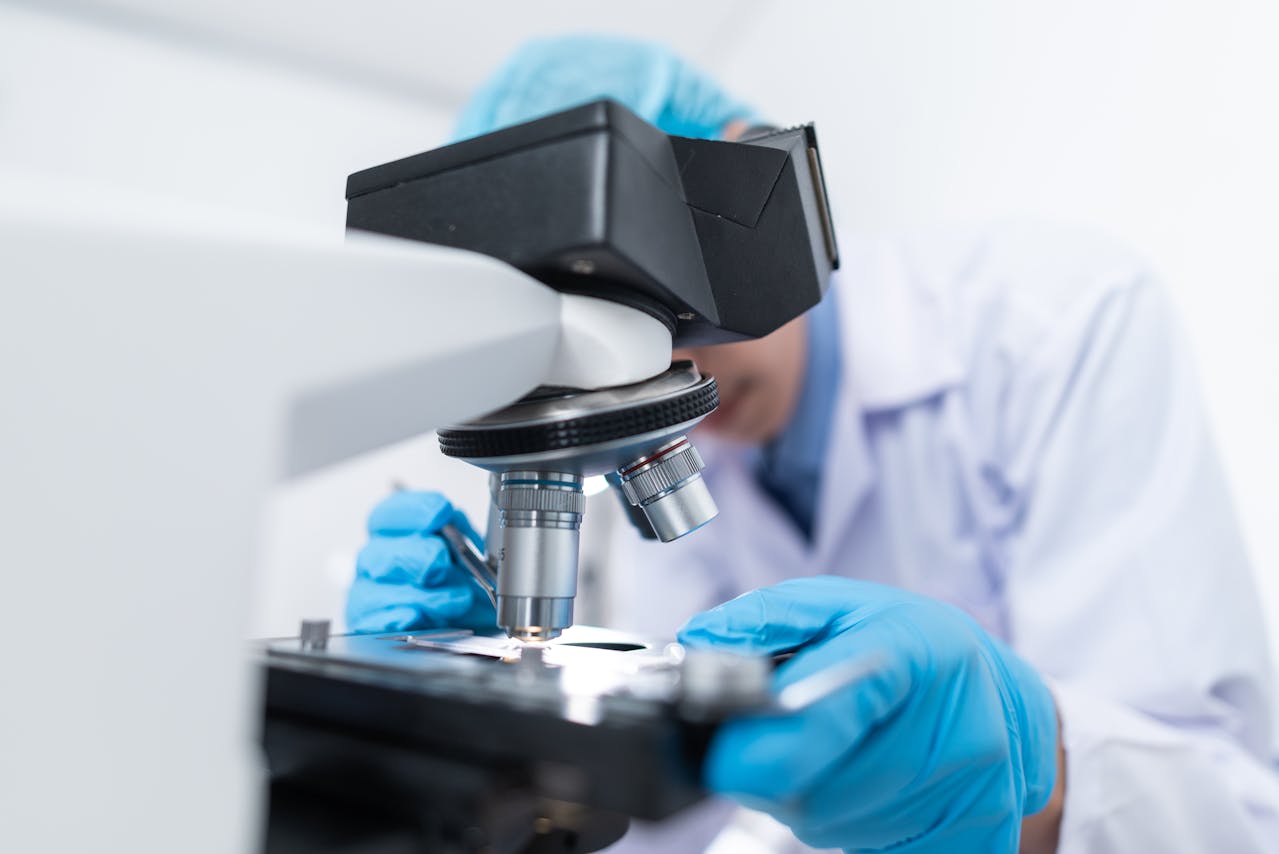Welcome to our detailed guide on pursuing an MD in Pathology. This page provides a comprehensive overview of the MD in Pathology program, including admission details, eligibility criteria, course structure, career opportunities, and more. Whether you are a prospective student or seeking information for guidance, Bodmas Education is here to assist you with expert advice and support throughout your journey.

MD in Pathology is a postgraduate medical degree that focuses on the study and diagnosis of diseases through the examination of tissues, organs, and bodily fluids. Pathology is a crucial field in medicine as it provides essential insights into disease mechanisms, helping clinicians in accurate diagnosis and effective treatment planning. The MD in Pathology program trains students in various diagnostic techniques, research methodologies, and clinical practices necessary for a successful career in this field.

Admission Requirements
To pursue an MD in Pathology, candidates need to meet specific admission requirements. Here are the key eligibility criteria:
Application Process
The application process for MD in Pathology involves several steps:
Interviews and Counseling: Some institutions may conduct interviews or counseling sessions. Prepare thoroughly for these sessions to increase your chances of admission
The MD in Pathology program generally spans three years, divided into six semesters. The course duration includes:
The MD in Pathology course structure is designed to provide a comprehensive understanding of pathology through a combination of theoretical learning and practical experience. The program typically includes:
Core Subjects
Electives
Students can choose elective subjects based on their interests, such as:
Research and Projects
Students are required to complete research projects and dissertations, contributing original knowledge to the field of pathology. These projects are often supervised by experienced faculty members and may involve collaborations with hospitals and research institutions.
The syllabus for MD in Pathology is comprehensive and covers various aspects of the field. The key components include:
Year 1
Year 2
Year 3
An MD in Pathology opens up a wide range of career opportunities in the medical field. Graduates can pursue careers in:
MS ENT career options are diverse, with numerous opportunities in both public and private healthcare sectors. Common career paths include:
MS ENT job opportunities are available in hospitals, clinics, and academic institutions. Bodmas Education offers career counselling and placement assistance to help graduates find suitable job positions.
The salary for MD in Pathology graduates can vary based on experience, location, and type of employment. Here is a general overview:
Salaries can increase with experience, specialization, and career advancement. Additionally, pathologists in private practice or high-demand areas may earn higher salaries.
MD in Pathology and MD in Microbiology are both important fields in medical science but focus on different aspects of disease diagnosis and management:
Both fields are crucial for understanding and diagnosing diseases, but they offer different career paths and specializations.
To gain admission into MD in Pathology programs, candidates typically need to pass entrance exams. Some of the major entrance exams include:
Bodmas Education provides expert guidance and coaching for these entrance exams, helping candidates with preparation strategies, study materials, and mock tests.
The application fees for MD in Pathology programs vary depending on the institution and entrance exam. Typically, fees range from:
Candidates should check the specific requirements of each institution and entrance exam for accurate fee details.
Research is an integral part of the MD in Pathology program. Students have the opportunity to engage in research projects, contributing to advancements in diagnostic techniques and disease understanding. Research areas may include:
Students are encouraged to publish their research findings in medical journals and present at conferences, enhancing their academic and professional profile.
Navigating the admission process for MD in Pathology can be challenging, but with the right guidance, you can make informed decisions and achieve your career goals. Bodmas Education is here to support you through every step of your journey.
For more information and personalized assistance, contact Bodmas Education today. Let us help you achieve your dream of becoming a successful pathologist and making a difference in the medical field.
BODMAS Education Services Pvt. Ltd. (BODMAS EDUCATION) is a leading educational consultancy firm dedicated to providing expert guidance and counselling for undergraduate (UG) and postgraduate (PG) students. Founded in July 2018, BODMAS EDUCATION has successfully counselled and guided over 10,000 students, helping them select the right career paths and realize their academic and professional dreams.
Copyright © 2022 Bodmas Education Services
Sikkim Manipal Brochure 2024
Kerala Brochure 2024
BHU Brochure 2023
AMU Brochure 2023
JIPMER Brochure 2023
Uttarakhand Brochure 2023
Meghalaya Brochure 2023
Madhaya Pradesh Brochure 2023
Odisha Brochure 2023
Jharkhand Brochure 2023
Andhra Pradesh Brochure 2023
Gujarat Brochure 2023
Goa Brochure 2023
Dman and Diu Brochure 2023
Chandigarh Brochure 2023
Assam Brochure 2023
ESIC IP Brochure 2023
AIIMS Brochure 2023
Deemed Brochure 2023
Arunachal Pradesh Brochure 2023
Haryana Brochure 2023
Delhi Brochure 2023
IPU Brochure 2023
Karnataka Brochure 2023
Puducherry Brochure 2023
Tamilnadu Brochure 2023
Telanagana Brochure 2023
Tripura Brochure 2023
Chhattisgarh Brochure 2023
West Bengal Brochure 2023
Uttar Pradesh Brochure 2023
Rajasthan Brochure 2023
Punjab Brochure 2023
AIQ Brochure 2023
Himachal Pradesh Brochure 2023
Maharashtra Brochure 2023
Bihar Brochure 2023 Download Now
| MBBS ONLINE COUNSELING SERVICES 2024 | etetet |